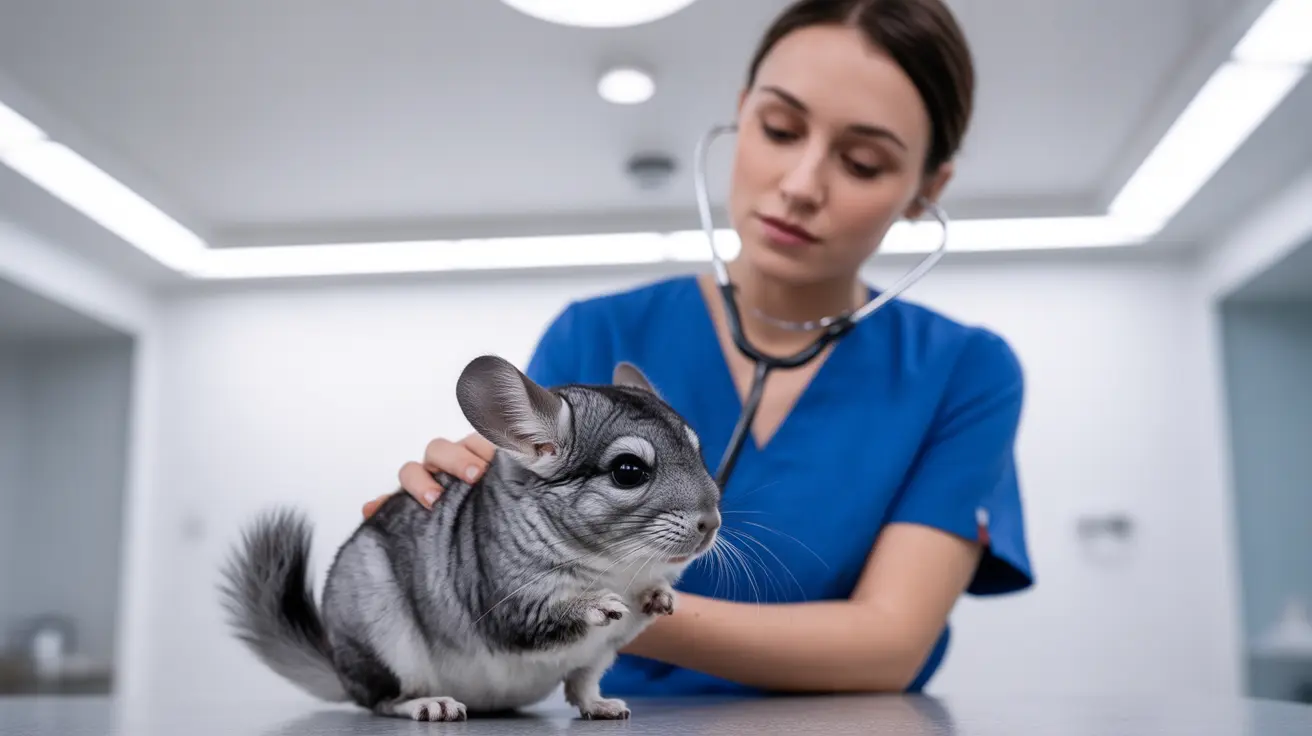The Rescue Operation
The July seizure involved a coordinated effort by local animal control authorities to remove the animals from concerning conditions in an Old Lyme home. Such large-scale rescues require significant resources and careful planning to ensure the safety and well-being of all animals involved.
Rehabilitation Process
Before making these pets available for adoption, the shelter has undertaken comprehensive care protocols, including:
- Medical evaluations and necessary treatments
- Behavioral assessments
- Socialization support
- Individual care plans for each animal type
Special Considerations for Different Species
Dogs
The majority of the rescued animals are dogs, each requiring individual attention and assessment. Potential adopters should understand that these pets may need additional patience and support as they adjust to new environments.
Birds
The five rescued birds present unique adoption considerations. These intelligent creatures often have longer lifespans and require specialized care, including:
- Appropriate housing and temperature control
- Species-specific dietary needs
- Mental stimulation and enrichment
- Social interaction
Chinchillas
The two chinchillas rescued from the home have specific care requirements, including:
- Temperature-controlled environments
- Regular dust baths
- Proper dietary management
- Safe housing arrangements
Adoption Process and Requirements
The Friends of Old Lyme Animal Control has implemented a thorough adoption process to ensure these animals find suitable, permanent homes. Potential adopters should be prepared for:
- Detailed application procedures
- Interview processes
- Home environment assessments
- Demonstration of species-specific knowledge
- Commitment to long-term care
Frequently Asked Questions
What are the signs of animal hoarding, and how can community members report suspected cases?
Animal hoarding often involves keeping many animals in unsanitary, overcrowded conditions with visible neglect. Community members can report concerns to local animal control or humane organizations to initiate intervention and rescue.
How does the adoption process work for animals rescued from hoarding situations like those in Old Lyme, CT?
Rescued animals undergo veterinary care and behavioral assessments. Adoption requires applications, interviews, and home checks to ensure adopters can meet special needs, providing safe and permanent homes.
What special care considerations do rescued chinchillas and birds require after hoarding situations?
Chinchillas need dust baths, proper diet, and temperature control, while parrots and other birds have long lifespans and complex social needs, often requiring additional rehabilitation and specialized care post-rescue.
This rescue operation represents a community's dedication to animal welfare and the opportunity for these pets to begin new chapters in loving homes. Those interested in adoption should contact the Friends of Old Lyme Animal Control for more information about these resilient animals and the adoption process.
Remember that adopting a rescued pet requires patience, understanding, and long-term commitment. These animals have overcome challenging circumstances and deserve caring, stable environments where they can thrive.






